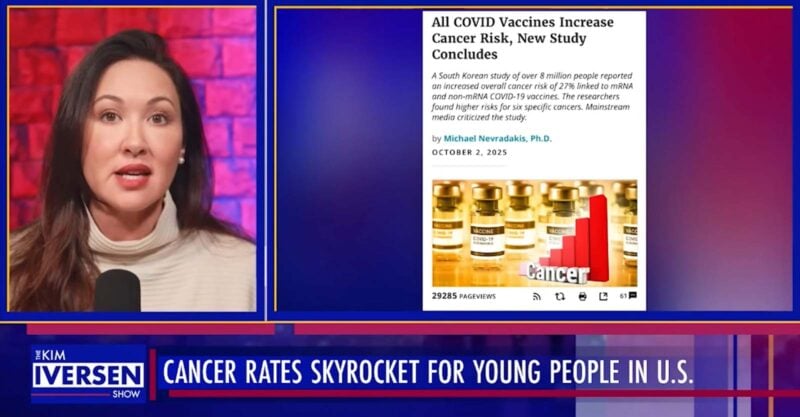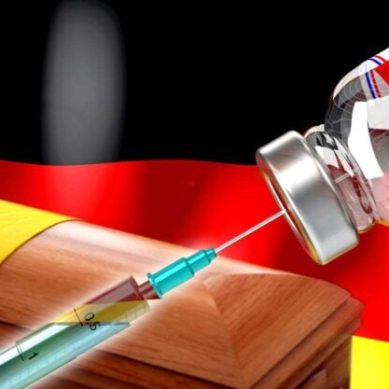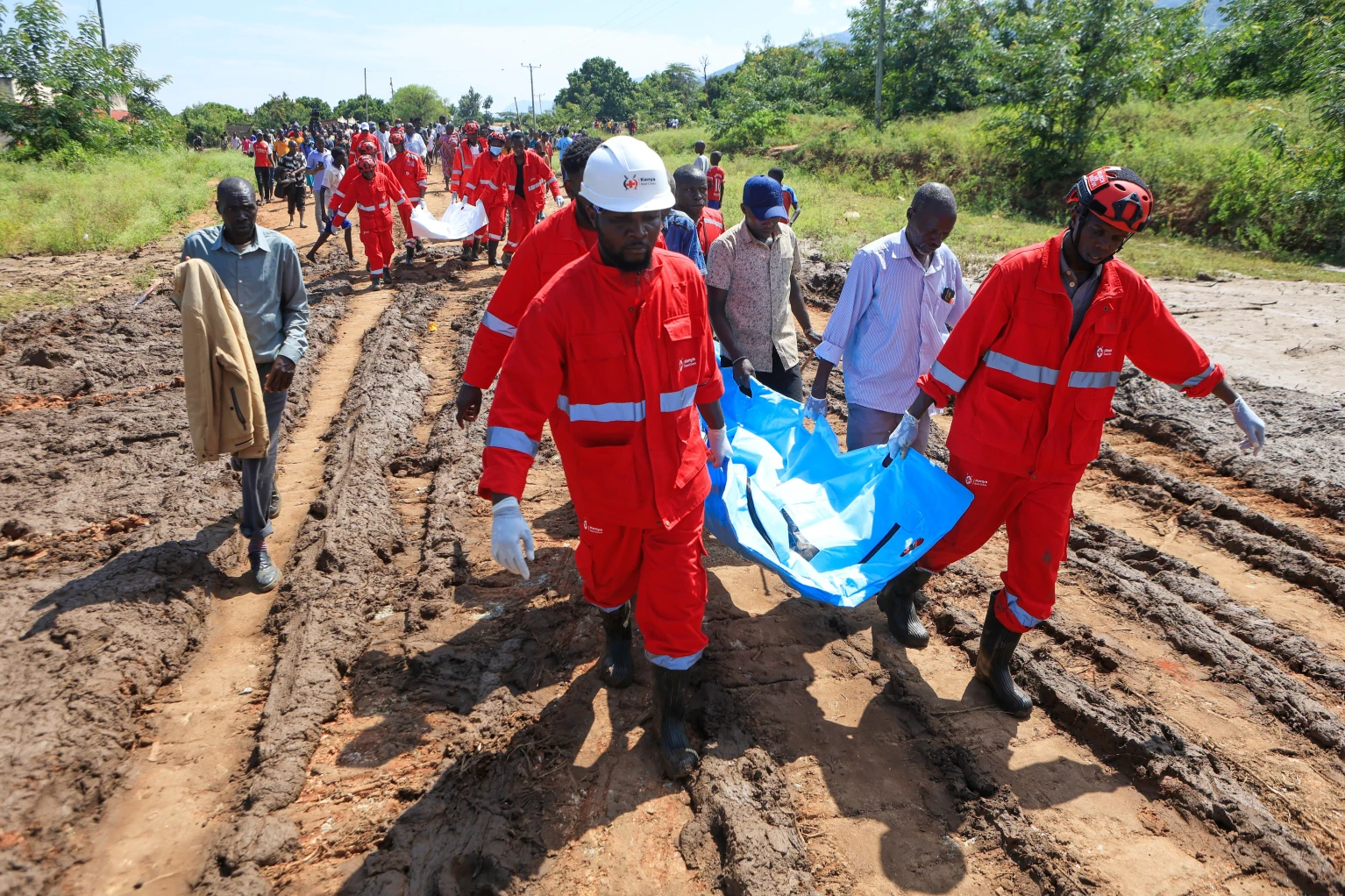
Journalist Kim Iversen cited The Washington Post and The New York Times reports on rising cancer rates among young people, noting the outlets offered different explanations but agreed the surge began within the last decade.
“Well, guess what happened five years ago? Covid-19. And guess when they started vaccinating everybody? Within the past decade.”
Public health may be one of the most polarising issues in America today, but media outlets share rare agreement on one alarming fact: cancer rates are climbing among young people – and nowhere is the surge more striking than in Iowa.
Beyond that consensus, however, opinions diverge sharply.
Journalist Kim Iversen addressed the skyrocketing cancer rates, their causes and the surrounding controversies on a recent episode of The Kim Iversen Show.
Iversen cited an article earlier this week in The Washington Post on the “unsettling shift” in cancer diagnoses, with “rates for young adults in their 20s, 30s and 40s trending up even as overall cancer rates decline.”
The Post also noted that cancer rates are rising faster in the Midwest than in the rest of the country, especially for kidney and skin cancers. Rates of blood-related cancers are also increasing.
“The skin cancer risk for young adults in the corn-producing states is 35 per cent higher for men and 66 per cent higher for women than their peers in other states,” the Post said.
Iversen tied the rates to the states’ agricultural foundations and the high use of pesticides.
“You think you’re just poisoning the bugs,” she said. “We’re all living things. You’re poisoning all of us. And you’re poisoning the food. And guess where the food goes? It goes everywhere.”
Studies show dangerously high levels of nitrate and pesticides are contaminating drinking water across Iowa, according to an investigative video by The New Lede. Many fear this pollution is fuelling Iowa’s rising cancer rates.
A cancer survivor featured in the Post report agreed. Mackenzie Dryden, who grew up in rural Iowa, blames glyphosate, the active ingredient in Roundup and the most widely used herbicide on the planet.
“This is in all of our food,” Dryden posted on social media. “Some people that think they have a gluten sensitivity, it’s a glyphosate sensitivity.”
While the Post acknowledged that glyphosate was at the centre of the cancer controversy in Iowa, it also listed other possible causes, including ultraviolet exposure and binge drinking.
Earlier this month, The New York Times reported on the rising cancer rates among young people, but didn’t list pesticides as a possible cause. The Times stated that “the evidence linking obesity, alcohol use and poor diet to early-onset cancer is quite strong.
Iversen noted that both the Post and the Times recognised that the surge in cancer rates among young people occurred over the past decade.
“Well, guess what happened five years ago? Covid-19,” she said. “And guess when they started vaccinating everybody? That was within the past decade.”
Neither the Post nor the Times mentioned vaccines in their reports. However, Iversen cited a recent report in The Defender on a South Korean study of over eight million people that found Covid-19 vaccines and boosters — both mRNA and non-mRNA — pose an increased risk of six types of cancer and a 27 per cent higher risk of cancer overall.
“What about in the United States?” Iverson asked. “We already live an unhealthy lifestyle. And then you factor that in on top of it. You layer … the vaccines on top. … What are the rates for us?”
Iversen cited Dr Mary Talley Bowden’s claim on “The Tucker Carlson Show” that “it’s hard to get up-to-date cancer numbers.”
According to the Centres for Disease Control and Prevention website, “2022 is the latest year for which cancer incidence data are available; 2023 is the latest year for which cancer death data are available.”
But Bowden said physicians tell her that “they’ve never seen anything like it. The young people coming in with very advanced tumours … that’s what we have to be worried about now.” The problem is that finding the cause of these soaring cancer rates does not serve the interests of people in power, Bowden said.
“I think … the money is there for the treatment, not for the cause, right?” Bowden said. “This is financially driven. So if you’re in it to make money, you’re gonna go after the treatment, not the cause.”
More money in treatment than in cure?
Iversen pointed to a recent example: a study published this month in Nature and cited by outlets such as PBS, Scripps News and Forbes.
According to Nature, “A vaccine that helps to fight cancer might already exist. People being treated for certain deadly cancers lived longer if they had received an mRNA-based vaccine against Covid-19 than if they hadn’t, finds an analysis of medical records.”
Iversen said mainstream media paid little attention to an earlier cancer study from Italy. The peer-reviewed study, published in EXCLI Journal in July, found that people who received the Covid-19 vaccine had a 23 per cent higher risk of developing cancer.
According to Iversen, cancer rates are undeniably rising, but the real question is what action will be taken to address them. She said:
“Mainstream media is reporting … that there is a higher rate of cancer. That is not a conspiracy theory. And rather than just saying, ‘Oh, it can’t possibly be pesticides or vaccines or Big Pharma in any way,’ everybody should be frantically trying to figure out why this is happening.”
- A Tell Media report








